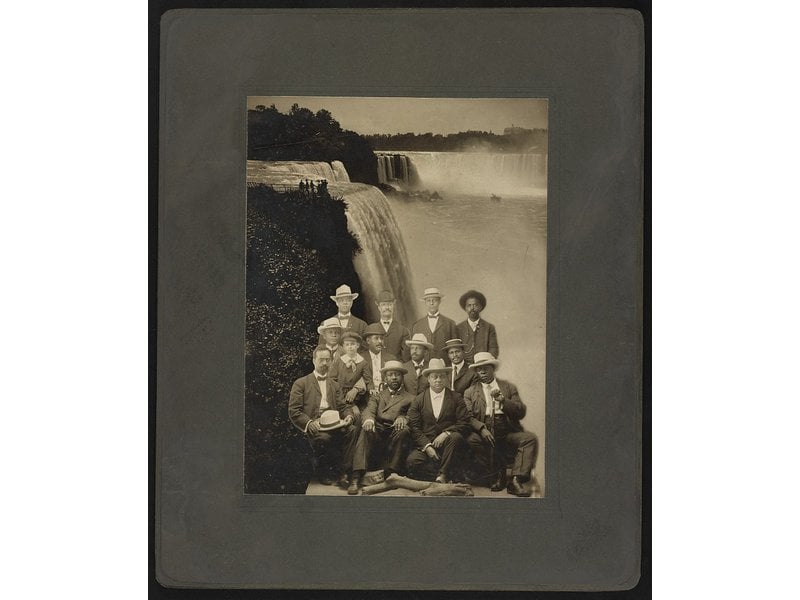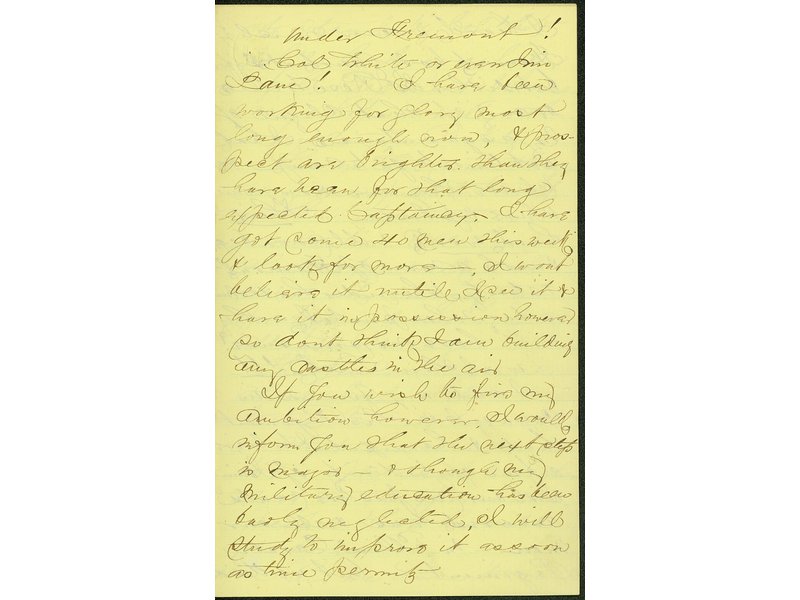149 quasi legal evasions and delays

"Units of government may not directly defy the laws, court decisions, or the like which require them to carry out some policy or take some measure which they reject, but instead use the reality or appearance of some other law or regulation, or some quite different criteria than those which may be in dispute, in order to evade indefinitely, or at least delay as long as possible, compliance with the requirements of the law, order, or court decision being resisted. These measures are similar to stalling and obstruction, described above, except that these are not the acts of individuals, administrative units, and the like, but are actions by subordinate or constituent units of government as such."...
Potentially problematic matches
High scoring campaigns using this method
Historical cases from the Nonviolent Action Database that used this method
Winnipeg women stop the removal of the Wolseley Elm 1957.
Mary Ann Good planted the tree that came to be known as the Wolseley Elm, along with many others, on her family farm in 1860, before Wolseley Avenue existed. Mary’s elms began to be removed as the city of Winnipeg expanded, until the Wolseley Elm was...
Canadian Aboriginals stop a constitutional amendment (Meech Lake Accord), 1990
The context for this campaign starts in the early 1980s with the repatriation of the legislation that founded Canada: the British North America Act of 1867. The idea of repatriation had been around since the 1920s and was finally brought to realizati...
Dutch church holds marathon service to protect immigrants, 2018-2019
Sasun and Anousche Tamrazyan, a married couple, and their children Hayarpi, 21, Warduhi, 19, and Seyran, 15 were originally from Armenia, but they fled from political persecution to the Netherlands in 2010 due to Sasun’s political actions. Although t...
Sex workers strike for rights in El Alto, Bolivia
On 14 October 2007, citizens of El Alto, Bolivia demanded that all bars and brothels facilitating sex work be located at least 3,200 feet away from schools, because they believed that the establishments were facilitating crime in the area. They then ...
Low scoring campaigns using this method
Historical cases from the Nonviolent Action Database that used this method
Sex workers strike for rights in El Alto, Bolivia
On 14 October 2007, citizens of El Alto, Bolivia demanded that all bars and brothels facilitating sex work be located at least 3,200 feet away from schools, because they believed that the establishments were facilitating crime in the area. They then ...





